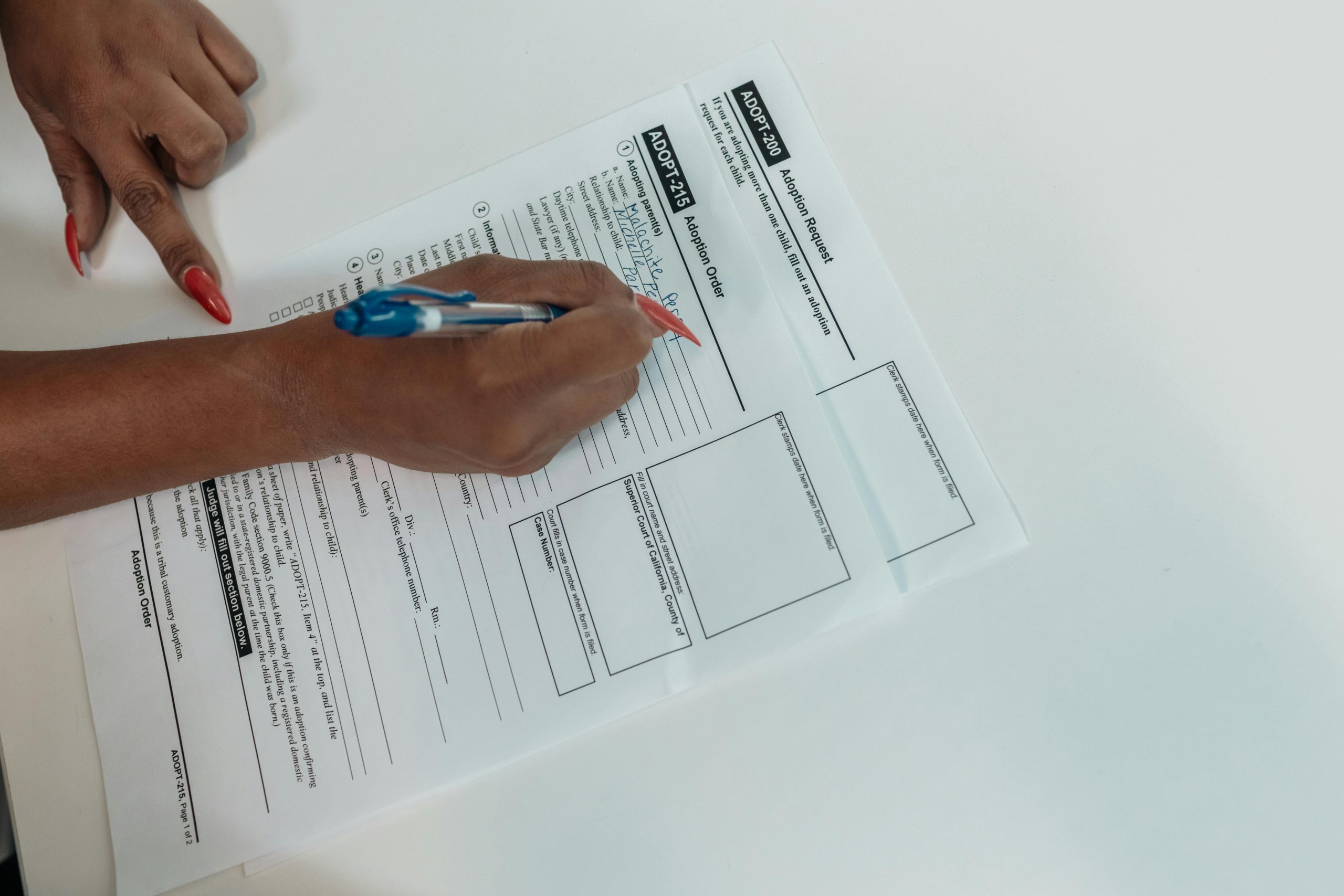Navigating Insurance Challenges: Struggling to Prove Your Driving History
If you’ve ever faced the frustrating task of securing affordable insurance rates, you’re not alone. A common hurdle many encounter is proving their driving history, especially after relocating to a new state. Here’s a story from someone who recently found themselves caught in this predicament and some suggestions on how to overcome similar challenges.
Recently, I moved to a new state and switched to a new insurance plan with my partner. As part of the process, I obtained a state-issued driver’s license for this new location. However, when I reached out to my insurance agent, I was met with an unexpected hurdle: because my license was new, I was told that I would face significantly higher rates since they interpret my short driving history as a higher risk.
In an effort to resolve this, I rummaged through my old documents and found my previous out-of-state driver’s license, which was valid but only a year old. Unfortunately, the insurance agents then informed me that to qualify for a better rate, they needed to see my very first license from when I began driving at the age of 18 (I’m now 32). However, that license is long gone, and I have no way of retrieving it.
This situation leaves me in a tight spot—paying exorbitant insurance rates while trying to find a resolution. If you find yourself in a similar situation, here are some steps you can take:
Suggestions for Proving Your Driving History
-
Check with Your Local DMV: Most states maintain a driving record that details your history. Contacting your local Department of Motor Vehicles (DMV) or equivalent agency can help you obtain a copy of your driving history, which may suffice in proving your long-term experience behind the wheel.
-
Request a Driving Record from Previous States: If you’ve moved states multiple times, you can also request your driving record directly from the DMV of your last state. This information is vital and can sometimes provide a more comprehensive view of your driving history.
-
Insurance Company Documentation: Some insurance companies will allow you to provide alternative forms of proof of driving history, such as having your insurer from your previous state provide a letter confirming your previous coverage duration.
-
Ask About Discounts or Programs: Furthermore, inquire with your current insurance provider about any driver discount programs, especially for individuals with long driving histories who might not have had a continuous licensure record.
-
**Consult an Insurance



